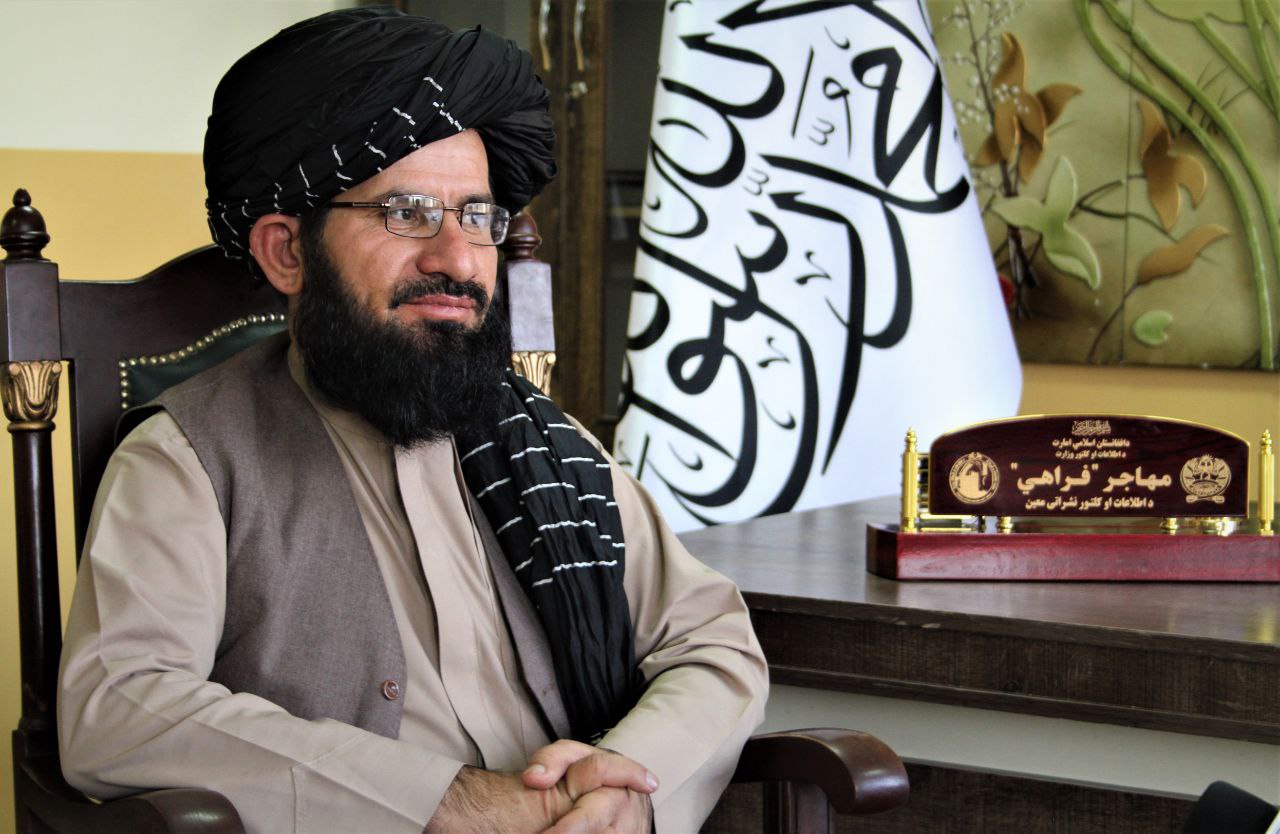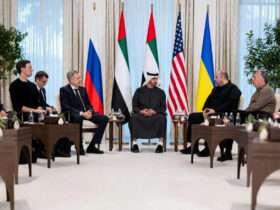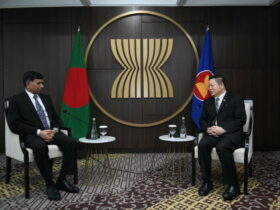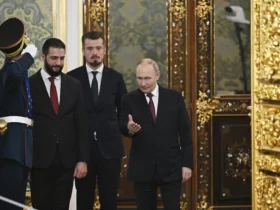China could play a significant role in resolving the situation in the long term, said the minister.
China could play a significant role in resolving the situation in the long term, said the minister.
By Özgür Altınbaş
In recent days, both Pakistan and Afghanistan have suffered losses in clashes. Eventually, the two sides signed a ceasefire agreement in Qatar. The ceasefire deal was brokered by Türkiye and Qatar. China also expressed appreciation for the countries that contributed to the truce.
Afghanistan’s Deputy Minister of Information and Culture for Publications Affairs, Muhajer Farahi, explained the process and the path to resolution. Emphasizing U.S. provocations behind the clashes, Farahi pointed out that China, which has good relations with Pakistan, could play a constructive role in the future.
“Pakistan is struggling with many internal problems”
Farahi stated that Pakistan is currently grappling with many internal issues. “On one hand, there is the TTP (Pakistani Taliban) issue; on the other, the Balochistan problem, their economic situation, and other troubles,” said the Afghan official. “Pakistan bombed Afghanistan, violated our airspace without any justification, and carried out an international propaganda campaign to conceal its own responsibilities and divert public attention.”
Referring to the recent meetings between Pakistan’s Chief of Army Staff Asim Munir and the U.S. President — three times in the past few months — Farahi said, “This shows that Pakistan wants to start a new game, reposition itself, and take measures aimed at weakening Afghanistan.”
Call for diplomacy
Farahi stated that Afghanistan adopts a “good neighbor” policy in establishing relations with neighboring countries. “No one should be harmed from Afghan soil, and Afghanistan should not interfere in others’ affairs — and it does not,” he said. “Problems must be resolved through negotiations to prevent the situation from worsening. However, the Pakistani regime acted arrogantly and violated Afghanistan’s airspace; the forces of the Islamic Emirate bravely responded. Praise be to Allah, our national and defense forces gave the necessary response and did not allow Pakistan to achieve its malicious objectives.”
“The U.S. is fueling violence in the region”
Farahi stated that imperialist powers want a war between Afghanistan and Pakistan. Emphasizing that the United States seeks to fuel violence and portray the region as unstable, Farahi said, “As you know, there is competition between China, Russia, and America, and Pakistan has been incorporated into Western plans. The Pakistani military regime should avoid behaviors that would damage relations. The U.S. will try to influence this situation, but we must demonstrate normalcy in the region.”
The Afghan minister also described Pakistan’s attacks on “a Muslim neighboring country (Afghanistan) that has begun to breathe freely after forty years” as unfortunate.
Both countries have good relations with China
Farahi stressed that China could play a significant role in resolving the situation in the long term. “The Islamic Emirate of Afghanistan has sincere relations with China as a neighboring country, and China is also close to Pakistan,” he said. “China should use its influence and relations with Pakistan to encourage it not to harm relations with its neighbor and not to act as a saboteur under the guidance of great powers. China can do this effectively,” Farahi assessed. “China can have a very positive impact in persuading Pakistan to abandon acts of violence in the region,” he added.
When asked whether such clashes could hinder the Belt and Road Initiative, the Afghan official replied, “I believe that such temporary conflicts and disagreements should not obstruct the points of connection or other goals between countries.”
















Leave a Reply